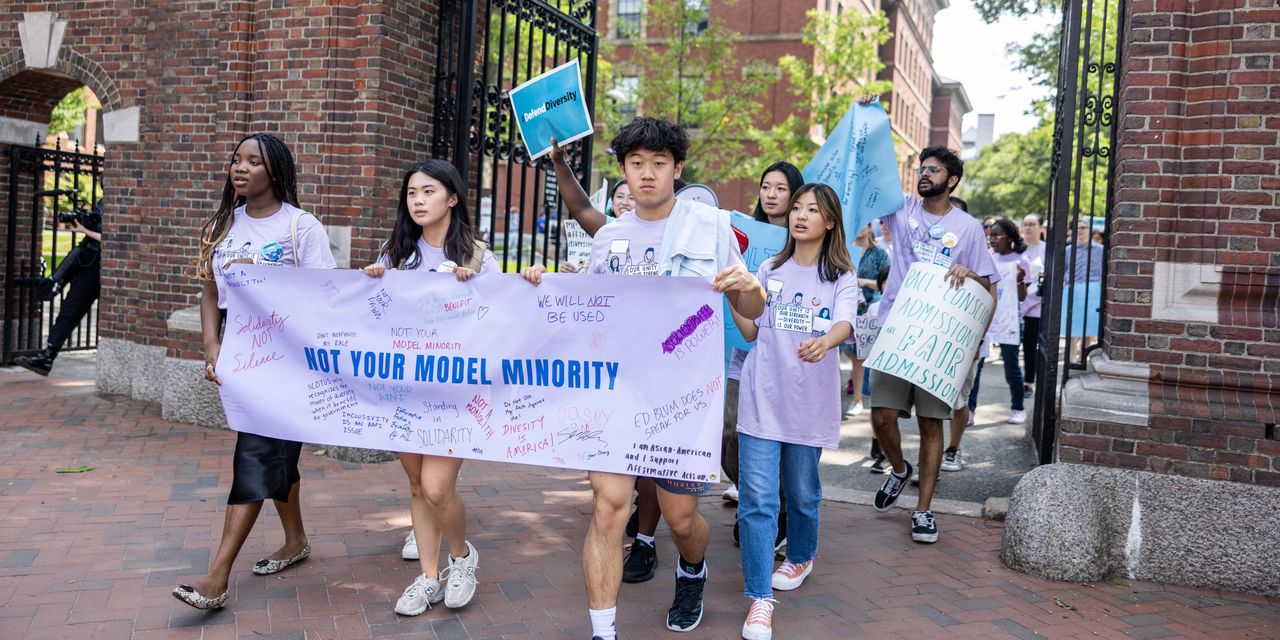Two interesting takes I’ve seen on this is that
A) It’s really the hyper-rich top 1% who are vastly overrepresented, if you look at the top 20% or something the effect isn’t there, which is interesting.
B) Some see the removal of standardized tests as a way to encourage diversity, but Nate Silver pointed out that the hyper-rich have the same test scores as other applicants but do much better on recommendations and extracurricular activities etc, so if you want to prevent rich people from being overrepresented one solution is relying MORE on standardized tests.
In other astonishing news, water is wet and we’ve fucked up this planet.
technically speaking, water isn’t wet, it makes other things wet. http://scienceline.ucsb.edu/getkey.php?key=6097
Honestly as well meaning affirmative action is meant to be, it’s arguably targeting the wrong thing, which rather than admitting based on race, it should be based on class. True diversity comes from people from different lifestyles, regardless of race, instead of all from the elite.
This isn’t limited to just college admissions, but yes unsurprisingly, being rich is a lifehack in general
I mean yeah… so?
Listen I get it, plucky young upstart, who wants to get into college, that’s the story everyone loves to read about?
But think about the opportunity. Daughter A has everything, comes from a better school, every tutor, every computer, every summer camp, devotes her life to some subject.
Daughter B has nothing, ends up having to work at 15, misses school days because of sick family, doesn’t always have someone to help her with homework and so on.
Daughter A is likely to have higher grades, attendance, performance, ability and skill. More awards, recognition, accomplishments, and potential. She even might be slightly ahead in college courses just arriving at school.
So if you were the schools admission officer in what world do you think B is a better fit than A? A is probably more set on their dream of doing X and has the funds to reach it where B might have to leave school because of a lack of funds or a family obligation. And besides which is more likely to give more money to the school? (As much as they don’t want to say it, come on schools are businesses we know this)
Now I get it, we want B to have an opportunity and a chance, and she should, but rich people already have all the benefits in life, even if you remove their wealth, you literally would have to actively ignore a rich student to place a truly poor student above them. But when you take away all the other accomplishments, you likely won’t harm our A student , but you’ll harm versions of B who has gotten awards, recognition, accomplishments, did well on SAT, and so on
Let’s change it then, we want to only take in students who fit X or Y criteria. Maybe go to an inner city school, maybe X amount of community service, maybe has a hard luck story. The thing is… with in a full cycle (3-4 years). We’ll start seeing the rich students move towards those groups. Now B might not be in an inner city school but Daughter A would suddenly be there if that’s what it would take. She will still get tutored so she’s not as harmed by it, but she can also satisfy those requirements because her parents have enough money to make it happen.
The point I’m making is it’s near impossible to offset “being rich” in any meaningful way that would last long enough to be worth it. What you’d end up hammering is the Upper middle class who has just enough money to be seen as rich, but not enough money to truly use it the way the “True rich” does.



